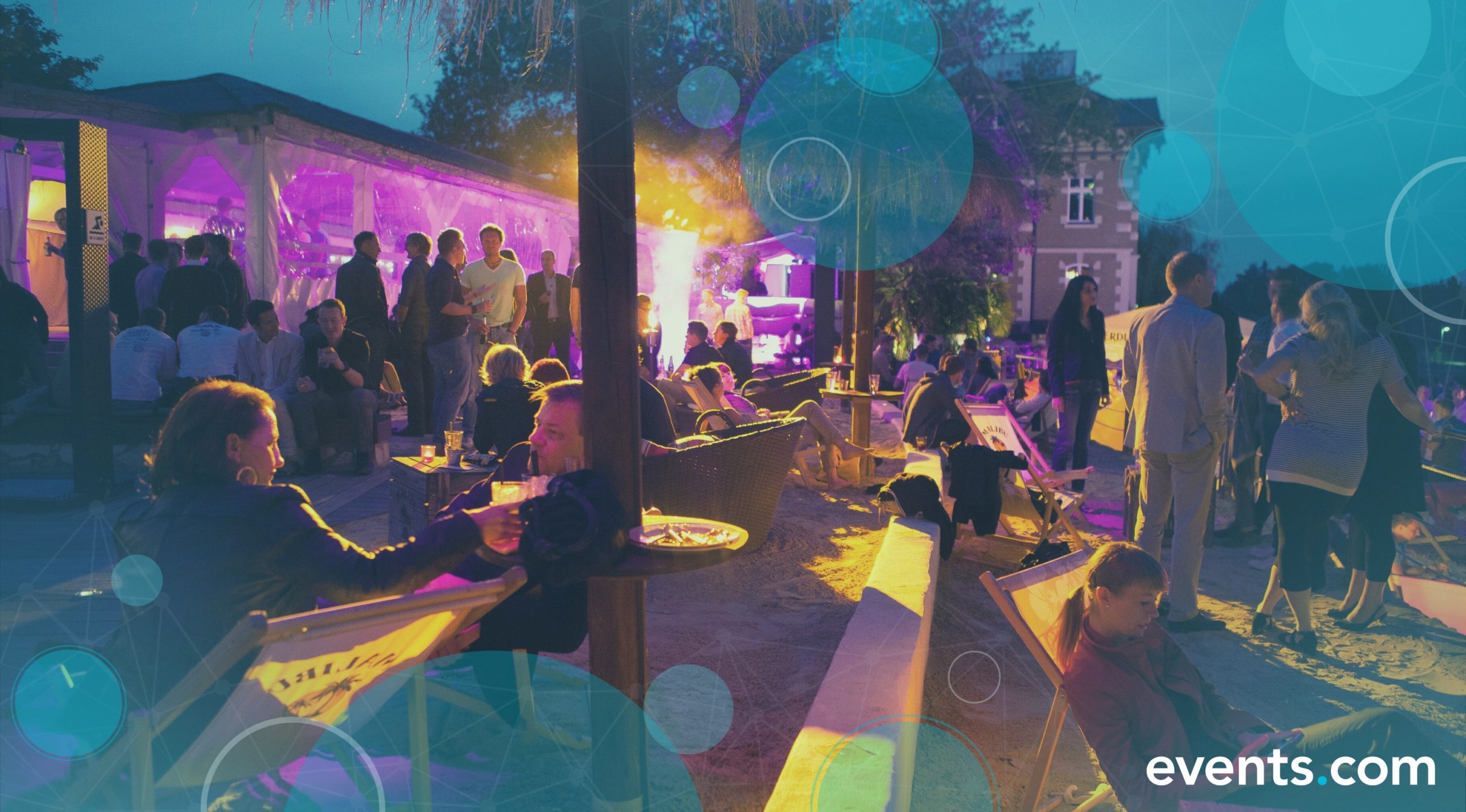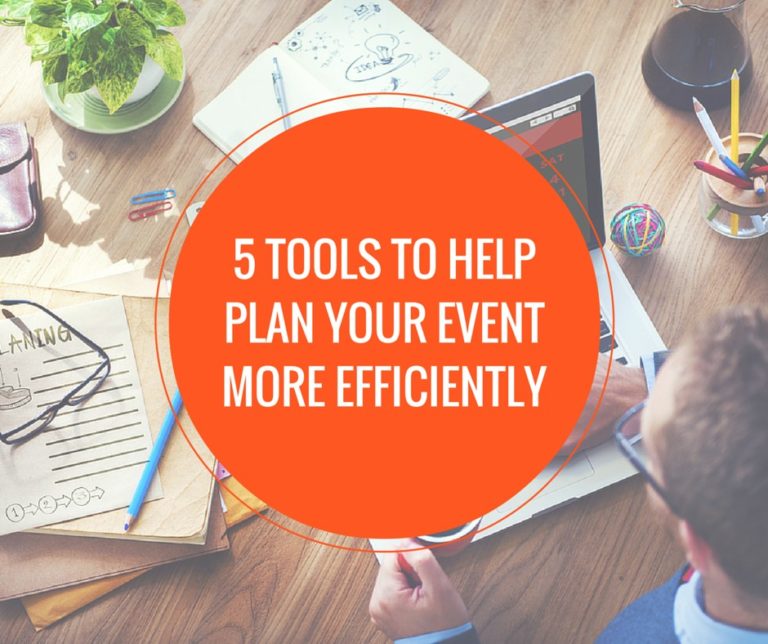If you’re a business owner or event organizer, understanding what pop-up events are and how you can use them to your benefit is essential. Pop-up events have had a meteoric rise in popularity over the last few years, and participating in these events is an excellent business tactic.
Pop-up events allow you to connect with your target audience and fellow business owners. Although pop-up events only last a short period, planning is essential to ensure the event is cohesive and presents your business in a positive and professional light.
This comprehensive guide will provide an overview of pop-up events, why they’re so popular, and how to successfully host a pop-up event of your own.
What Are Pop-Up Events?
Pop-up events are short-lived events that allow business owners and creators to connect in person with their target audiences. Pop-up events are often held in large spaces like convention centers and showcase the work of a single business or many artisans. However, they can also be held in intimate venues like art galleries or large outdoor spaces.
Pop-up events are not specific to any industry or business type. Instead, there are multiple kinds of pop-ups, ranging from creative pop-up events that display artists’ products to pop-up dining events where chefs and restauranteurs can showcase their talents and services.
One example of a pop-up shop event is a holiday bazaar. These events are often held in a large warehouse space in the winter, and local artisans and businesses can rent spots at the bazaar to sell their wares and connect with consumers.
These fairs usually only last a few days and benefit customers and business owners. Customers benefit by getting all their shopping done in one place, while business owners can build personal connections with existing customers and network with a potential new client base.
Another example of a small business pop-up event is a beer festival. These pop-up events typically last for a weekend and feature a collection of beers from local breweries. Festival ticket holders can try multiple types of beer, while local business owners capitalize on the event’s foot traffic, connecting with many new potential customers.
Why They’ve Taken the Events Industry by Storm
Pop-up success is on the rise, indicating that event organizers should pay attention to this trend and consider how to use it to their advantage. Consider the following ways in which pop-up events are proving to be beneficial.
They Provide an Audience With a Mobile Retail Experience
Although it may seem counterintuitive, pop-up events can drive sales and promote business growth by offering your patrons a mobile retail experience. Many shoppers — particularly young, tech-savvy consumers — prefer to blend an in-person shopping experience with a mobile one.
According to Salesforce, more than 70% of people use their mobile devices when shopping in-store. For consumers between the ages of 18 and 44, this number increased to nearly 85%.
Consumers use their phones for various reasons, from reading product details and customer reviews to checking online for coupons and making purchases. A sale is a sale, and promoting a seamless mobile retail experience is a wise strategy for any pop-up event.
They Allow Businesses To Accept Cash Payments
Many pop-up shop events include multiple vendors in a designated event space, which means the lack of brick-and-mortar discourages patrons from expecting to be confined to typical transaction types.
Although some vendors may utilize mobile payments and other methods of electronic payments, many vendors may expect cash. If you’re planning a pop-up event, be sure to connect with vendors and event ticket holders ahead of time to communicate the types of payment methods available, and to choose an event venue with an ATM on-site to promote sales for vendors who are only accepting cash.
The Element of Surprise Adds Excitement
Although cultivating anticipation for your customers ahead of a pop-up event builds suspense and helps ensure people plan to set aside time to attend your event, there’s also something to be said for surprising customers and keeping things interesting.
Utilizing different event types will attract different kinds of customers, and many people will be attracted to the spontaneous nature of a pop-up experience. Pop-up shops don’t need to be formal or structured for people to enjoy them.
Because your event will utilize the element of surprise, people will be curious about what it will entail and be open to having whatever experience you curate.
They Provide a More Memorable Experience
Because pop-up events are surprising, sporadic, and may only occur once, patrons are more inclined to remember them.
Assume, for example, you own an interior decor shop. You have brick-and-mortar and online stores where patrons can interact with you and buy your products. However, a nearby venue is hosting a pop-up event in their beer garden over the summer and has invited neighboring businesses to set up small booths while outdoor drinks are served and a local band plays live music.
In this example, your customers are far more likely to remember purchasing a throw blanket from you at this unique event than if they had simply bought it from your online store.
How To Go About Setting Up Your Own Pop-Up Event
If you’re feeling overwhelmed at the prospect of setting up your own event, consider these pop-up event planning steps to make the process manageable.
Get Clear on Your Event Goals
Defining goals for your pop-up event is essential to ensure it benefits your business. For example, if your goal is to reach a new audience base, that will impact factors like where and when your event is held.
Alternatively, if your goal is to sell products by capitalizing on the holiday shopping season, this will also impact the type of event you want to host.
Plan Out Your Event
After you set definable and achievable goals, you will need to plan your event. Don’t assume a pop-up event will be easier to plan simply because it’s shorter than many other event types.
Pop-ups still require careful organization, and you will need to plan for event details, such as:
- Selecting a venue
- Sending invitations
- Obtaining all necessary licenses and permits
- Selecting vendors
You should clearly define your event plan and make all necessary arrangements ahead of time to guarantee your pop-up event is well organized. Consider utilizing event management software to streamline the process.
Develop a Comprehensive Marketing Strategy
Designing an effective marketing strategy for your event will help ensure attendance. Although pop-up events often feature the element of surprise, and word-of-mouth can be a powerful marketing tool, you shouldn’t rely on this as your sole marketing strategy.
Because pop-up events are compressed into a short window and may only last a day or two, it’s essential to make the most of your time. Consider developing a marketing strategy that includes the following event promotion tactics:
- Diversify marketing channels (e.g., social media, local newspaper, etc.)
- Create an email campaign
- Partner with sponsors and vendors to cross-promote
- Use social media tactics like giveaways to drive ticket sales
Choose and Book the Right Pop-Up Venue
The venue will define your event, so selecting one that meets your needs and budget is essential. Whether you book a small venue space for an intimate pop-up experience or a large outdoor area for a bigger event, booking your venue should be one of your first steps when planning your event.
Consider factors like the following to help select a venue that will meet your needs:
- What is the capacity of the event space?
- Do you plan to serve alcohol?
- Is there electricity and internet access?
- Do you plan to have food vendors?
- Is there an ATM?
Launch and Operate
Once you’ve planned your event, your only remaining task is ensuring it runs smoothly. Arrive at your event space ahead of time to facilitate venue staff and vendors getting set up.
As the event is underway, be sure to check in and make sure no unforeseen issues arise. However, don’t forget to set aside some time to peruse the event, grab a snack, and enjoy the payoff of all your hard work!
Reflect on What Worked and What Didn’t
Once the event is over, it’s time to reflect on what went well and what could be improved for next time. No event is entirely without issues, and you will likely face a few bumps in the road. However, you should consider which of these were avoidable and what you can do to ensure these mistakes aren’t repeated should you choose to hold your pop-up event a second time,
Consider utilizing strategies like email surveys to reach out to event attendees for feedback about how you could have improved their experience and implement any helpful changes.
Organize a Successful Pop-Up Event With Event Management Software
Organizing a successful pop-up event can be stressful and time-consuming, and because these events are so short-lived, there’s a lot of pressure to make the most of the event time.
Events.com’s expert event management software can help you organize all aspects of planning your next pop-up event, including:
- Building event landing pages
- Selling tickets
- Generating customer insight




